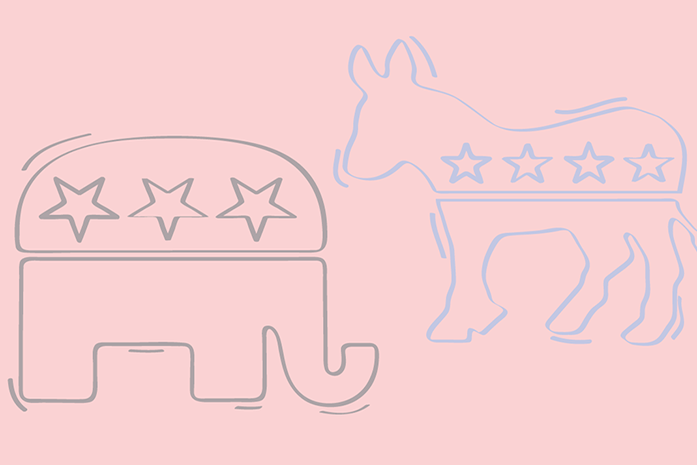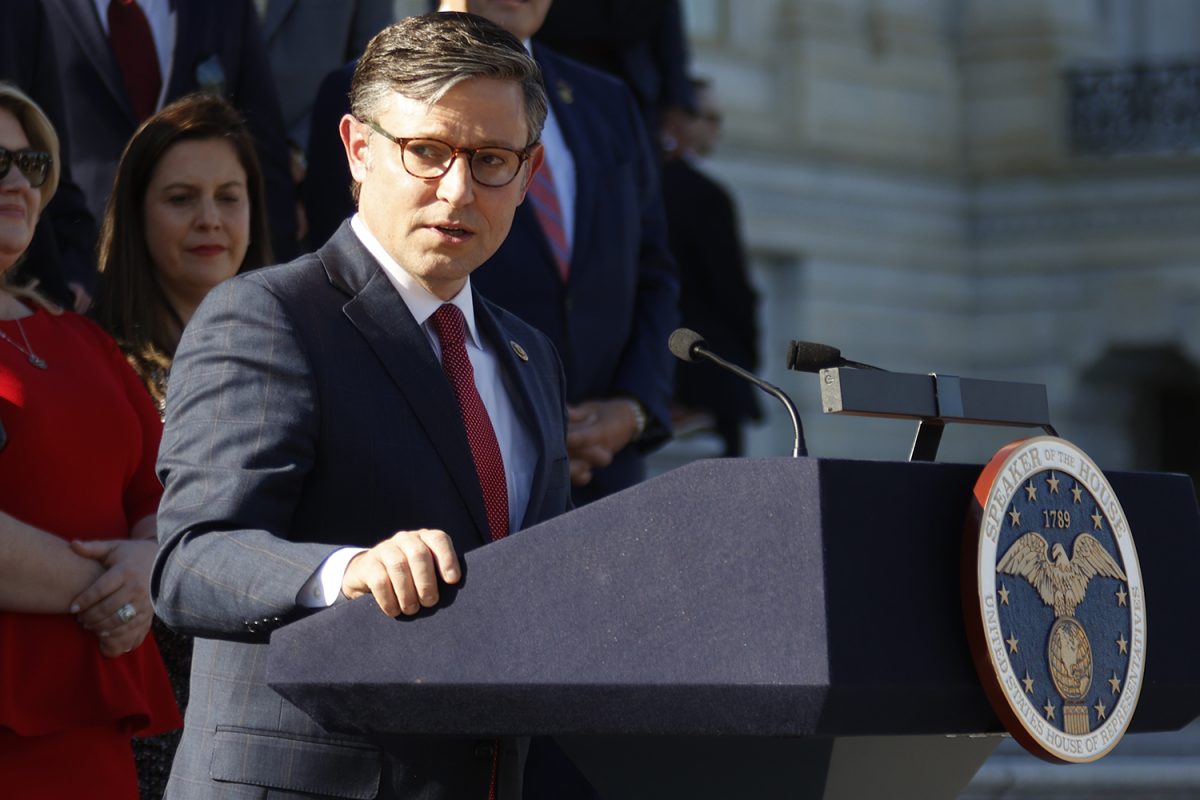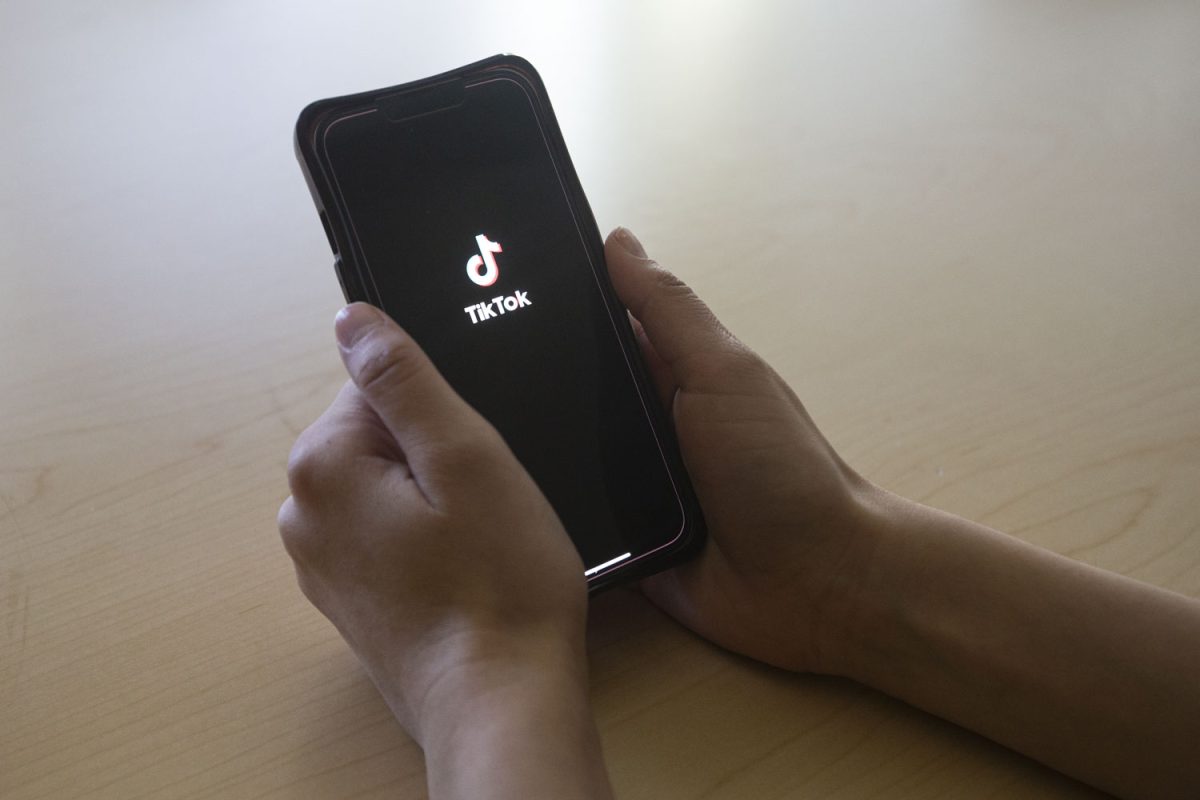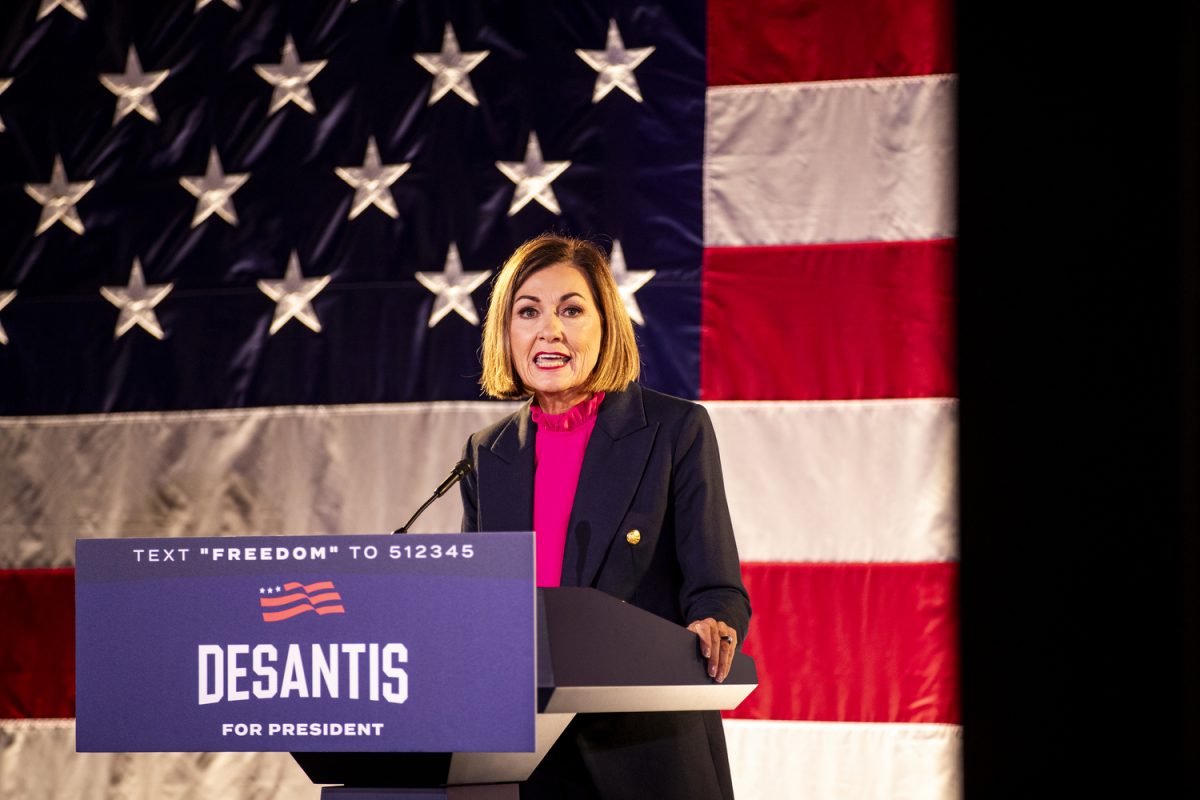by Rebecca Morin | [email protected]
It’s been more than two months since the Iowa caucuses, but the 2016 presidential election is far from over.
And Iowa’s involvement in the race is still a necessary one. Republicans delegates can help solidify a candidate if there is a contested national convention. On the Democrat side, delegates are unbound and don’t have to vote in line with caucus results.
We have compiled a list of events that could still be a game-changer for the presidential election.
Iowa Republican Party District Conventions
April kicks off the major conventions for both parties.
The GOP District Conventions, which will be held on Saturday, elect the first slew of delegates that will represent Iowa at the national convention. Iowa has 30 Republican delegates, and 12 are elected during the district conventions, with three from each of the four districts.
On the GOP side, delegates are bound to the Feb. 1 Iowa caucuses if there is not one candidate that meets the threshold to be the nominee. A candidate must get 1,237 delegates to be the Republican presidential nominee.
Texas Sen. Ted Cruz won the Iowa caucuses.
Iowa GOP delegates become unbound and can go for whichever candidate if there is a second vote.
With rumors of a contested convention, the fight to be a national delegate has gotten a little more interesting.
Iowa Democratic Party District Conventions
The Democratic process in Iowa of electing delegates definitely differs from that of the Republicans.
At the conventions, which will be held on April 30, 29 delegates will be elected to go to the national convention for Iowa. Iowa has 52 Democratic delegates, eight of which are “superdelegates.”
Unlike the GOP side, Democratic delegates are unbound at the national convention, meaning they don’t have to vote in line with the caucus and convention results.
The delegates are determined by the number of supporters each candidate, Hillary Clinton or Bernie Sanders, has at the convention and is then allocated proportionally.
Both the 1st and 2nd District nominate eight delegates, the 3rd District nominates seven, and the 4th District nominates six.
Iowa Republican Party State Convention
Just like the district convention, the GOP state convention is also a time delegates are elected in to represent the state at the national convention.
But this time, it’s top GOP leaders.
The state convention, which will be held on May 21, is when the party comes together to discuss rules and also solidifies the last of the delegates. Fifteen delegates are elected at the state convention.
Both Iowa Sens. Chuck Grassley and Joni Ernst have shown interest in being delegates. The state party leader, Jeff Kaufmann, is automatically a delegate representing the state. Two other Iowans who serve on the Republican National Committee are also automatically delegates.
Grassley, Ernst, and Kaufmann have not endorsed a candidate for the election.
All of Iowa’s 30 GOP delegates will head to their party’s national convention in Cleveland on July 18-21.
Iowa Democratic Party State Convention
The process for the Democratic state convention doesn’t diverge too much from the district conventions.
The state convention is held on June 18, and 15 delegates will be elected there.
All of Iowa’s 52 delegates will then make their way to national convention in Philadelphia on July 25-28.
Ernst’s Roast and Ride
Though this event is post-national convention, it sets the stage for the general election horse race in Iowa.
Sen. Joni Ernst, R-Iowa, will host her second Roast and Ride on Aug. 27, and she will invite the GOP nominee.
Last year, the freshman senator invited a number of presidential hopefuls to the Central State Expo in Boone to meet with Iowans and try to win their hearts to come out on top on caucus night.
The event brought in names such as former Texas Gov. Rick Perry, Wisconsin Gov. Scott Walker, and Florida Sen. Marco Rubio.
The Roast and Ride has been coined as a response to retired Sen. Tom Harkin’s Annual Steak Fry, which brought in presidential hopefuls, such as President Bill Clinton.
Iowa, which is labeled as a swing state, won’t be ignored by the GOP and Democratic nominees.
Then-Sen. Barack Obama won in Iowa in 2008 against John McCain and then again in 2012 as the incumbent against Mitt Romney.
The race to win Iowa is just beginning.










